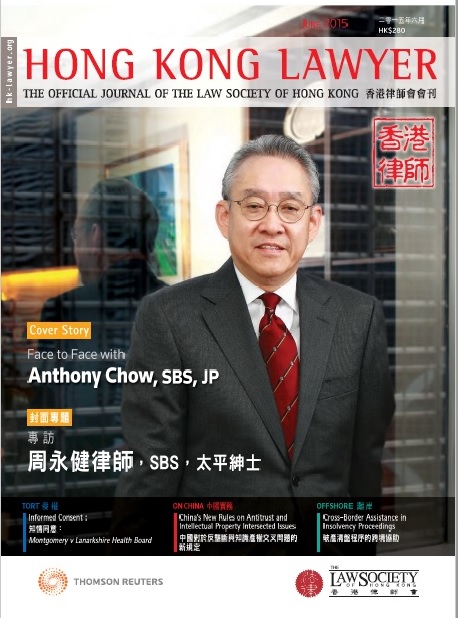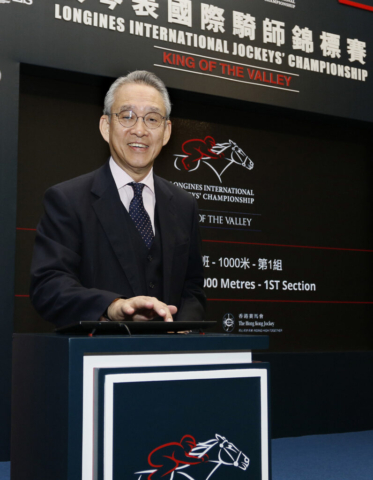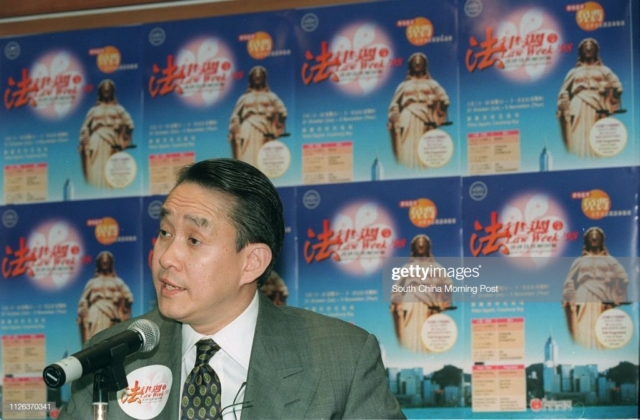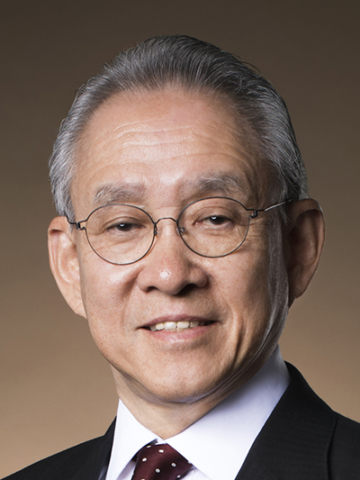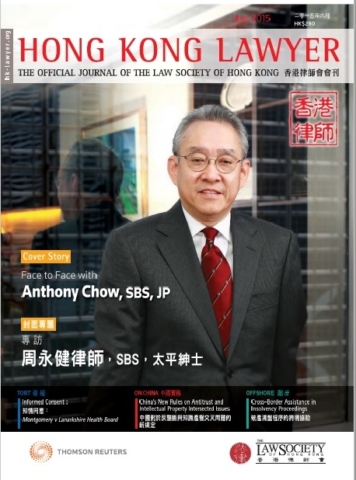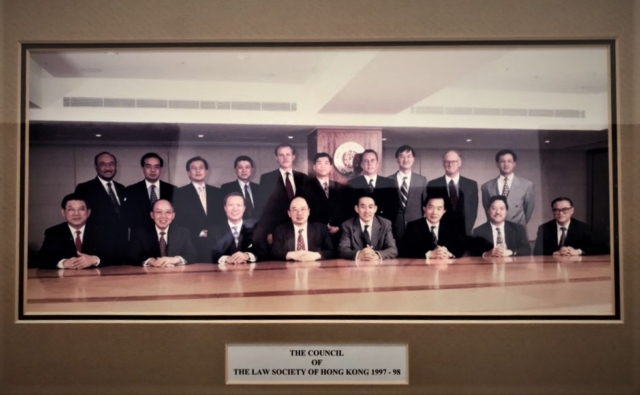26-06-19
Thank goodness. Almost 40 years ago, my family cornered me to becoming a lawyer. If I were a full-time artist in Hong Kong in the early 80s, I would starve and have one foot in the grave.
Now, I am a part-time literary man. Art gives me only the spiritual juice of life and it is the legal practice which keeps me alive with bread and bacon. Very sad, isn’t it? Sadder are those full-time artists underwater who try to survive at their frugal meal. I now can do law and art at the same time. I am the lucky one. Though I earn less now as a lawyer, I am happy to take the bad with the good. In life, one must be aware of the great divide between dream and reality and tip a right balance.
It is easier said than done. I think my old lawyer friend Anthony Chow and I have both lost the balance at our age and devoted too much time to the community, upsetting the desirable work-life equilibrium. As an example, it took me 2 months to match my schedule with that of Anthony, the ex-President of The Law Society of Hong Kong and present Chairman of The Hong Kong Jockey Club for a sit and chat.
I have known Anthony for more than 30 years. We did not meet often but that hedge between keeps our friendship green. Among all topics, there should be one on art but Anthony was in a hurry to go and so quite ‘professionally’, he and I could just talk about the career prospects for young lawyers in Hong Kong.
Having been in the legal profession since the 80s, Anthony & I experienced a lot of things in common: being employed, setting up our own firm, merging our practice with others and serving the Law Society in different capacities. We should be wise enough to advise young lawyers on their career options.
The first option is to become a ‘barrister’ who basically advocates in court. It is a profession distinct from ‘solicitor’. Put it this way: barrister is a court litigation specialist and a solicitor is often regarded as a general practitioner.
For a solicitor, there are 5 possibilities in front of you. One may join the judiciary and become a judge initially at the junior level. He can also work in the government as a legal counsel. The coin is stability but there are two sides of the same coin. Stability can mean a lack of challenge or boredom at a certain stage of your life.
Secondly, a solicitor can give up private practice and nowadays, more and more lawyers work as an ‘in-house lawyer or consultant’ in private corporations or institutions. As such, you will serve bosses who are not lawyers but may concurrently have the fun of taking control of lawyers in private practice to serve yourself as a backseat driver. The hard time is that some bosses thought they knew the law. The great time is you might be able to learn new things such as banking, insurance and international business etc. other than law.
The remaining 3 potentialities are all related to private practice: will you work in a local law firm? A Chinese Mainland law firm? An American or English international law firm?
Anthony said, “In the old days, a solicitor must be locally or UK qualified. In 1995, the colonial government of Hong Kong opened the legal gate by legislating and setting out to create a new kind of lawyer called ‘foreign lawyer’ who could practice law in Hong Kong by taking examination. Incidental to that was the development of Hong Kong into an international financial centre. ‘As in the workman so is the work’. Hong Kong did need international lawyers to handle the cross-jurisdictional legal matters of commercial complexity.”
Anthony went on, “The clients of a solicitor then started to change too and they were gradually sliced up into 2 categories: individual clients and corporate clients. It has been evolving as a norm that local law firms now serve individual clients more on cases such as conveyancing, divorce, personal injuries and probate etc. whereas corporate clients prefer to go to the international and Mainland law firms for their posh upmarket commercial and financial work. It may be disheartening from a money angle: solicitors in local firms earn less than those working in the registered firms of foreign lawyers. However, from a social and human perspective, a solicitor may derive greater satisfaction by serving a man in the street i.e. the public. In that moral regard, there is no better or worse.”
I concurred, “It may be pathetic if the profession treats ‘lawyer’ just as a badge of honour or restricted licence to make money. We must commend those lawyers who work hard in helping the poor, for example, the legally aided and on areas which defend human rights or Rule of Law. Happiness and money can be twins. When your happiness of belief is taken away, you may feel as bad as if your money were taken away.”
Anthony supported, “The internet world is changing fast. We cannot stick to one single straight path of planning our future. You should pause for a second when you can sense that your present career is not your cup of tea although people said how wonderful it is. One must ask who he is. I can tell you a bunch of stories that some lawyers working in the high-end foreign law firms suddenly realized that they were no more than assistants to the rich businessmen and that a foreign partnership might not be willing to take a local Hong Kong lawyer as an equity partner.”
In choosing a career, interest, belief, style and ambition do matter. The trick to realize yourself is by applying your legal potential in an environment and atmosphere which you can self-maximize and be intrigued by the gratifying legal work. Then, you will get paid with the greatest fulfilment and joy on a daily basis, and not just on the 1st day of every month―the Pay day.
This article can also be found at the following sites:



